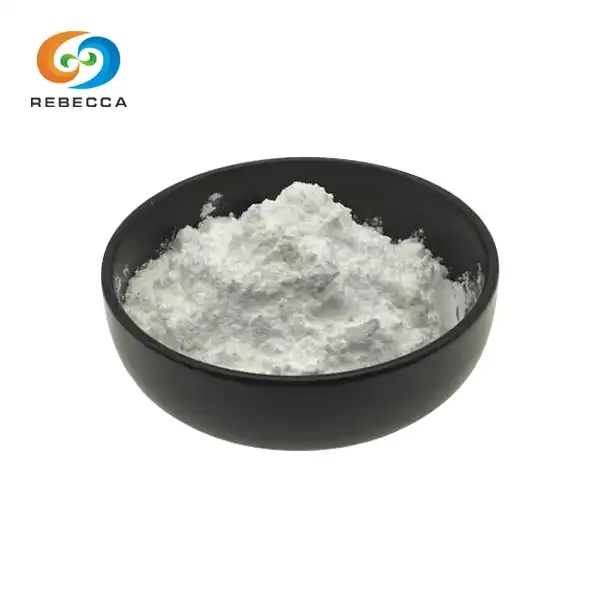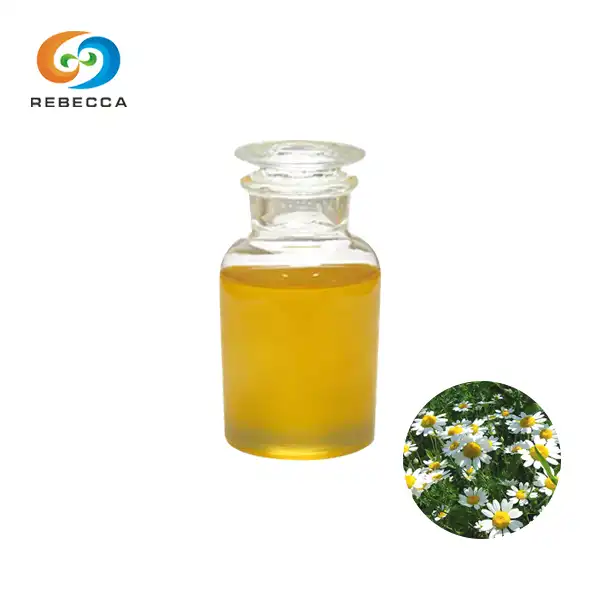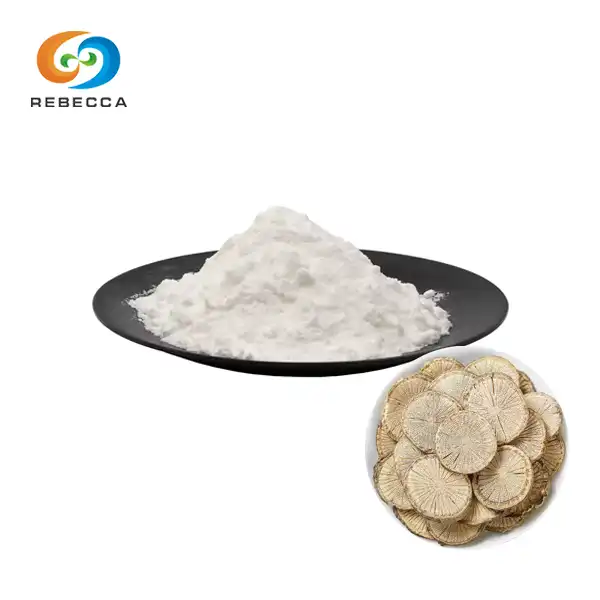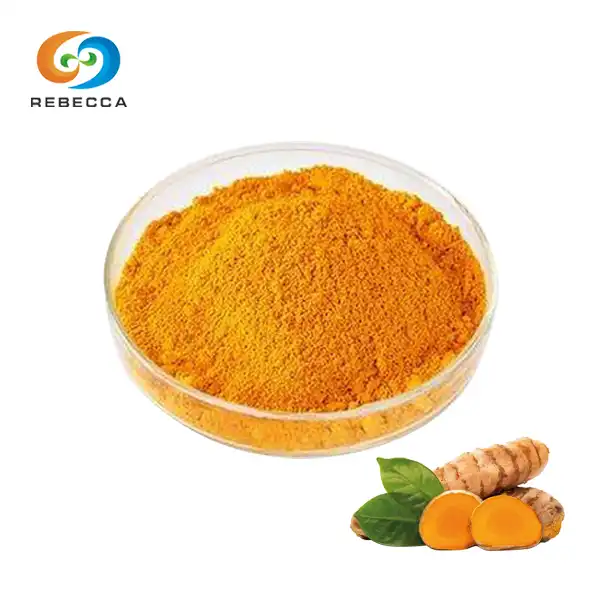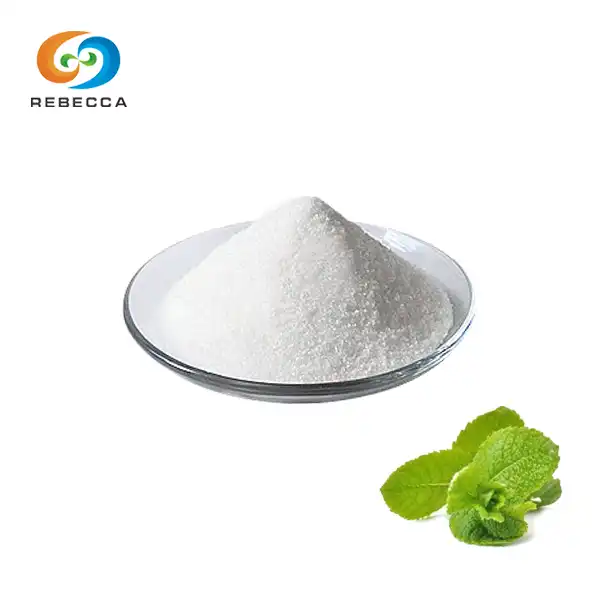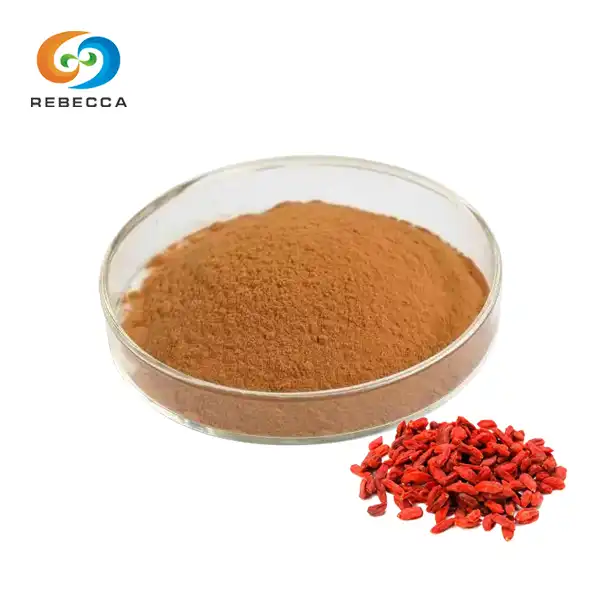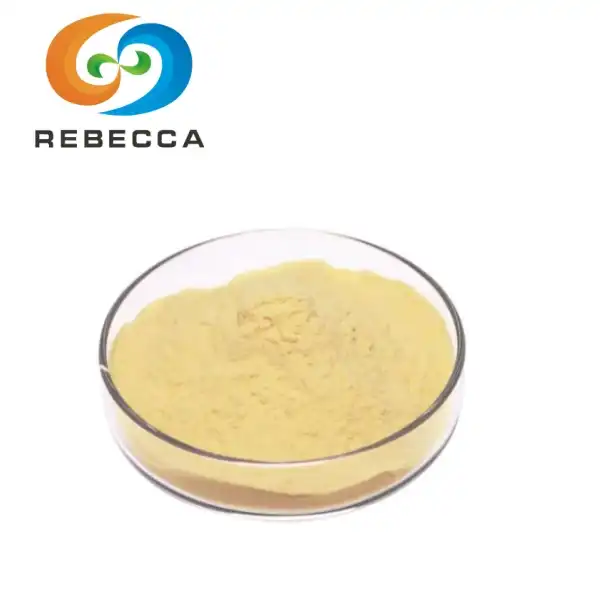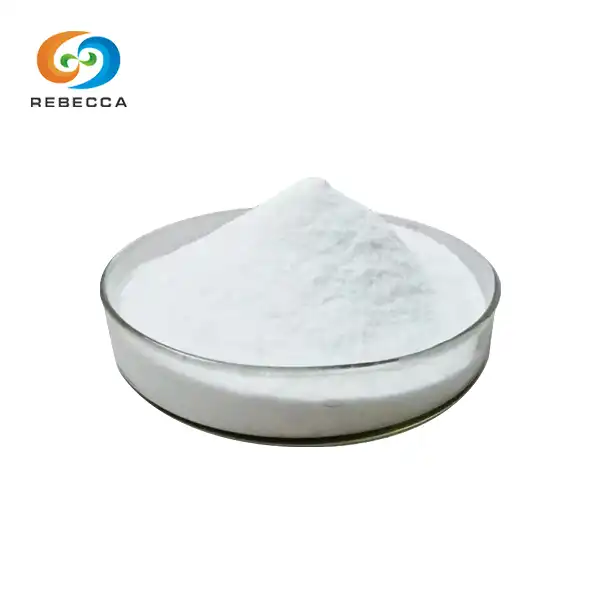Is Vitamin B12 Fat Soluble?
Is Vitamin B12 A Fat-Soluble Vitamin?
When discussing essential nutrients, vitamins are pivotal for upholding our health and wellness. Among these, vitamin B12 emerges as a key element for numerous bodily operations. However, a frequent inquiry that tends to arise is: Is vitamin B12 fat-soluble? This seemingly straightforward question paves the way for an intriguing investigation into the characteristics of vitamins, their categories, and their roles in our bodies.
Determining whether vitamin B12 powder is fat-soluble or water-soluble goes beyond mere scientific interest. It carries significant consequences for how our bodies absorb, store, and employ this crucial nutrient. The response to this inquiry can affect dietary suggestions, supplement strategies, and even how we tackle possible deficiencies or surpluses of this vitamin.
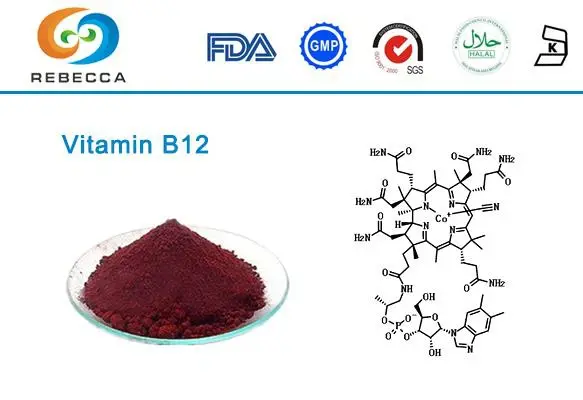
Classification Of Vitamin B12
To answer the question at hand, let's start with a clear statement: Vitamin B12 powder is a water-soluble vitamin, not a fat-soluble one. This classification is fundamental to understanding how B12 behaves in our bodies and how it differs from other types of vitamins.
Vitamins that dissolve in water, such as vitamin B12, readily mix with water. This allows for their direct absorption into the bloodstream during the digestive process or upon contact with bodily tissues. Other examples of water-soluble vitamins include vitamin C and the other B-complex vitamins (B1, B2, B3, B5, B6, B7, and B9). Generally, these vitamins aren't kept in significant quantities within the body; any surplus is usually flushed out through urine.

In contrast, fat-soluble vitamins are those that dissolve in fats and oils. The four fat-soluble vitamins are:
1. Vitamin A: Essential for vision, immune function, and cell growth.
2. Vitamin D: Crucial for calcium absorption and bone health.
3. Vitamin E: An antioxidant that protects cells from damage.
4. Vitamin K: Necessary for blood clotting and bone metabolism.
In contrast to water-soluble vitamins, fat-soluble vitamins are absorbed along with dietary fats and can be stored in the body's fatty tissues as well as in the liver. This means that they can accumulate over time, and excessive intake can potentially lead to toxicity.
The difference between water-soluble and fat-soluble vitamins is crucial, as it influences how these nutrients are absorbed, moved throughout the body, stored, and eliminated. Although vitamin B12 has some traits in common with other B vitamins, its process of absorption is particularly intricate, a topic we will delve into further in the following section.
Characteristics of Vitamin B12
Vitamin B12, commonly referred to as cobalamin, possesses several distinct traits that differentiate it from other vitamins, whether they are water-soluble or fat-soluble. Grasping these traits aids in comprehending why it is classified as a water-soluble vitamin and the role it plays in the body.
•Solubility: Vitamin B12 powder is exceptionally soluble in water, which is a characteristic hallmark of water-soluble vitamins. In its pure form, B12 forms red crystals that can be easily dissolved in water to create a solution. This water solubility is crucial for its distribution throughout the body's water-based environments, including blood and cellular fluids.
Nevertheless, it’s important to mention that while B12 is water-soluble, it does not dissolve easily in organic solvents. This contrasts with fat-soluble vitamins, which readily dissolve in organic solvents and fats. The water solubility of B12 influences its absorption, transportation, and excretion within the body.

•Absorption process: The way it is absorbed is a complicated procedure that sets it apart from other water-soluble vitamins. While most water-soluble vitamins are absorbed straight from the intestine into the bloodstream, B12 necessitates a more complex mechanism:
1. In the stomach, hydrochloric acid and pepsin liberate B12 from dietary proteins.
2. The freed B12 then binds to a protein called haptocorrin, protecting it from stomach acid.
3. In the duodenum, pancreatic enzymes degrade haptocorrin, and B12 binds to intrinsic factor, a protein produced by the stomach's parietal cells.
4. The B12-intrinsic factor complex travels to the ileum, where it's absorbed by specific receptors on the intestinal cells.
This complex absorption process, particularly the requirement for intrinsic factor, is unique to B12 among water-soluble vitamins. The process of absorbing vitamin B12 significantly diverges from that of fat-soluble vitamins, which merge into fat globules and are taken up alongside dietary fats.
•Storage: In contrast to fat-soluble vitamins that can be amassed in considerable amounts within the body's fat tissues and liver, the body’s ability to store vitamin B12 in powder form is somewhat restricted. Nonetheless, B12 stands out among the water-soluble vitamins as it can be stored to a degree, mainly in the liver.
The body has the capacity to retain approximately 2 to 5 mg of vitamin B12, a modest amount when compared to the reserves of fat-soluble vitamins. This stored B12 can satisfy the body’s requirements for multiple years in the event of insufficient intake. However, once the body’s B12 reserves are fully charged, any surplus is eliminated through urine, akin to other water-soluble vitamins.
This restricted storage capability sharply contrasts with fat-soluble vitamins, which can build up in fat tissues and the liver over time. For instance, vitamin A can be accumulated in substantial quantities in the liver, and an excessive intake can potentially result in toxicity. Such toxicity is rare with B12 due to its water solubility and limited storage.
Vitamin B12 Powder For Sale
For those interested in vitamin B12 supplements or for manufacturers looking to incorporate this essential nutrient into their products, Rebecca Bio-Tech offers high-quality Cyanocobalamin (vitamin B12) powder. As a leading producer in China, they maintain rigorous quality standards with a minimum purity of 99%.
Rebecca Bio-Tech's annual production capacity exceeds 1000 kilograms, ensuring a stable supply for various applications. This high-quality vitamin B12 powder can be utilized in crafting dietary supplements, enriched foods, and various other nutritional products.
The water-soluble quality of vitamin B12 renders it adaptable for diverse formulations, such as tablets, capsules, and liquid supplements. Its stability in water-based solutions also allows for its use in functional beverages and other innovative nutritional products.
For further information about Rebecca Bio-Tech's vitamin B12 powder, including pricing, specifications, and ordering details, interested parties can contact them directly at information@sxrebecca.com.

References
1. Institute of Medicine (US) Standing Committee on the Scientific Evaluation of Dietary Reference Intakes. (1998).
2. Kozyraki, R., & Cases, O. (2013). Vitamin B12 absorption: mammalian physiology and acquired and inherited disorders. Biochimie, 95(5), 1002-1007.
3. Green, R., Allen, L. H., Bjørke-Monsen, A. L., Brito, A., Guéant, J. L., Miller, J. W., ... & Yajnik, C. (2017). Vitamin B12 deficiency. Nature Reviews Disease Primers, 3(1), 1-20.
4. Stover, P. J. (2010). Vitamin B12 and older adults. Current opinion in clinical nutrition and metabolic care, 13(1), 24.
5. O'Leary, F., & Samman, S. (2010). Vitamin B12 in health and disease. Nutrients, 2(3), 299-316.
